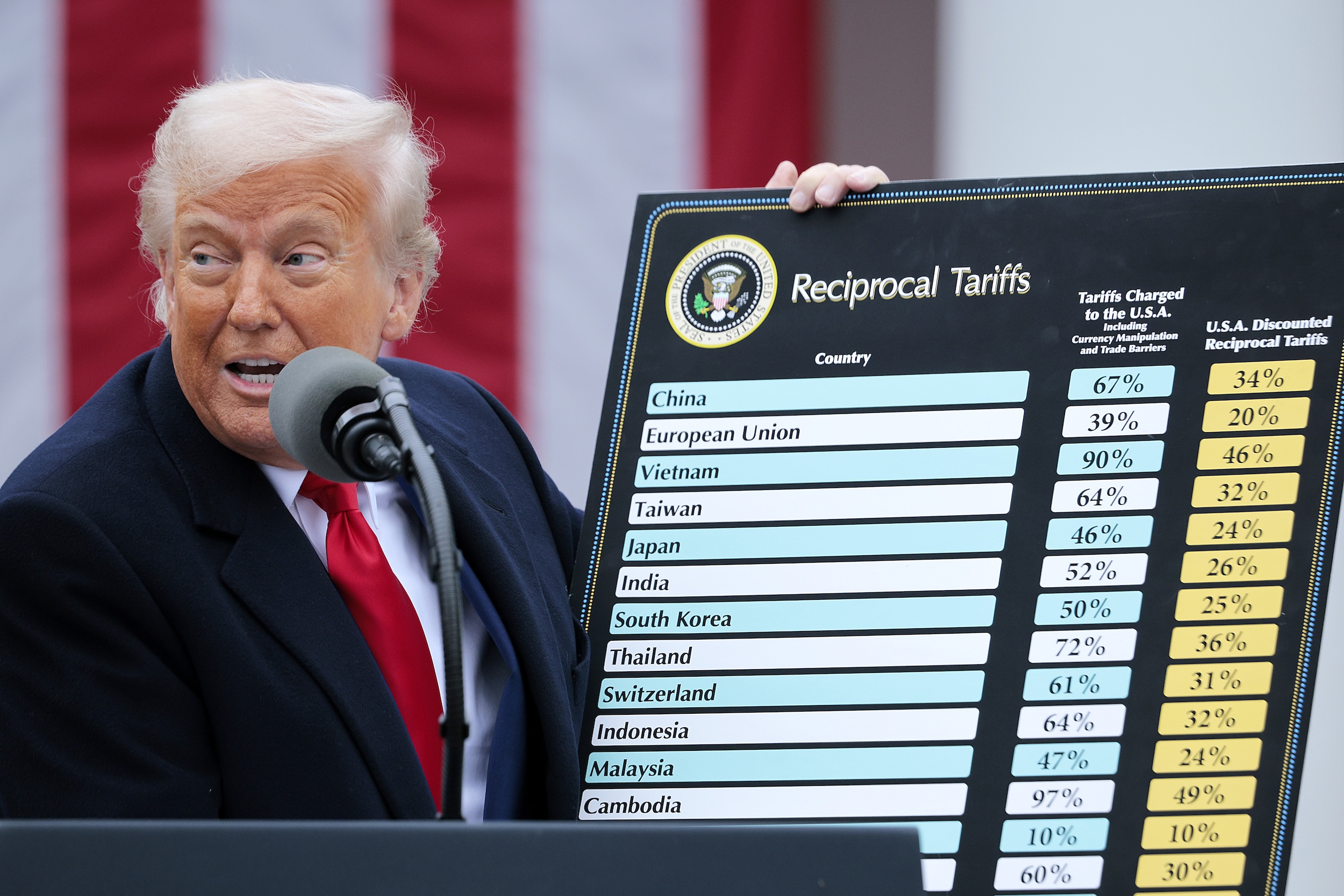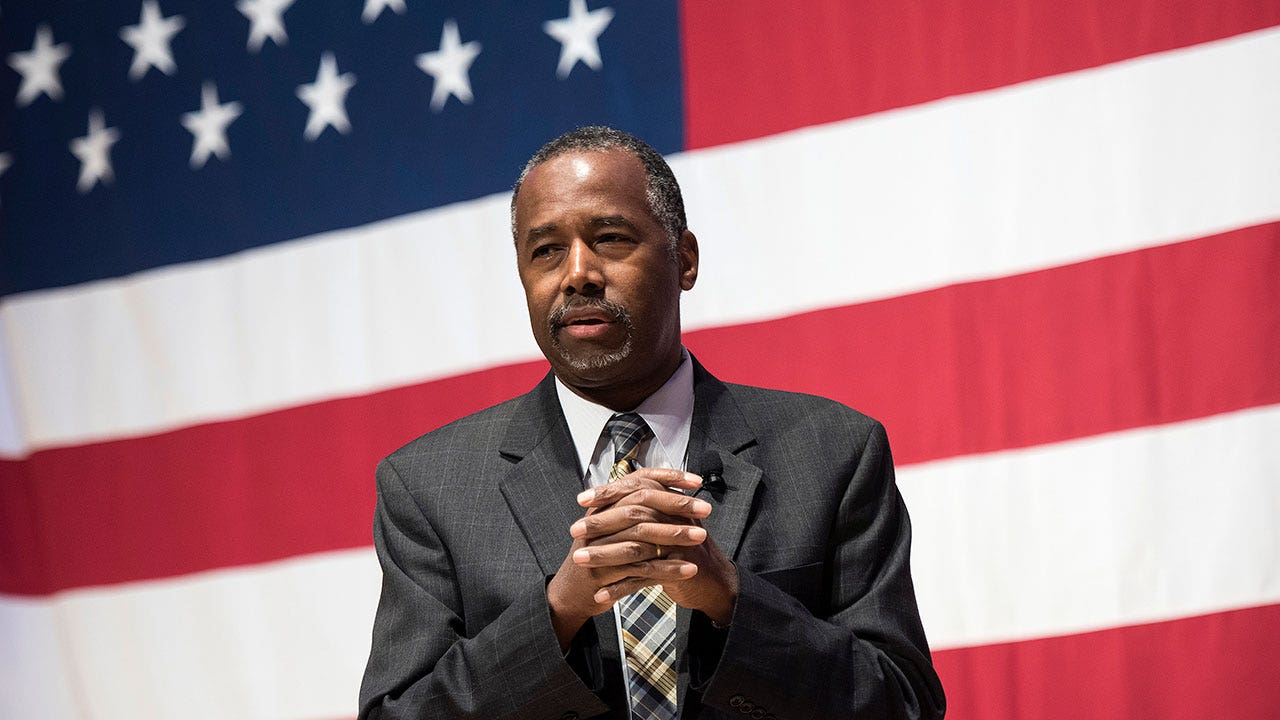Trump's Proposed Medicine Tariffs: A Dangerous Gamble with American Healthcare?

The ongoing trade tensions between the United States and various countries have already disrupted global supply chains and increased costs for businesses and consumers. The prospect of adding medicine to the list of targeted goods is particularly alarming. A significant portion of the prescription drugs used in the U.S. are manufactured overseas, often in countries like China and India, where production costs are lower. Imposing tariffs on these imported medications would inevitably lead to higher prices for patients, potentially making life-saving treatments unaffordable for many.
Unlike other goods subject to tariffs, medicine is not a luxury item. It's a necessity for millions of Americans, and access to affordable healthcare is a fundamental right. Tariffs on medicine aren't about protecting a domestic industry; the U.S. pharmaceutical manufacturing base primarily focuses on research and development, not large-scale production of generic drugs. Therefore, tariffs would essentially be a tax on American patients, enriching foreign manufacturers while simultaneously harming those who rely on these medications.
The impact of tariffs extends beyond just higher prices. They can also disrupt the delicate supply chain that ensures medications reach patients when and where they need them. Tariffs can incentivize foreign manufacturers to seek alternative markets, potentially leading to shortages in the U.S. Furthermore, retaliatory tariffs from other countries could further complicate the situation, creating a domino effect that destabilizes the global pharmaceutical trade.
While trade negotiations are important, there are lines that should not be crossed. Targeting essential medicine is one of them. Instead of resorting to tariffs that harm American patients, the administration should prioritize policies that promote competition, streamline regulations, and encourage innovation in the pharmaceutical industry. A healthy economy and a healthy population are not mutually exclusive – they are intertwined. President Trump’s proposed tariffs on medicine represent a dangerous gamble with American healthcare, and Congress should act to prevent them from taking effect. The focus should be on finding solutions that benefit both the U.S. economy and the health and well-being of its citizens.
The timing of this potential tariff action, coupled with the broader goals of Project 2025, raises further concerns. Project 2025, a conservative initiative aiming to install a loyalist administration in 2025, could potentially influence policy decisions based on ideological grounds rather than evidence-based analysis. The push for medicine tariffs, therefore, might be linked to a broader agenda that disregards the potential harm to the American public.


:max_bytes(150000):strip_icc()/VWH-GettyImages-1085928256-dc54b727b8c346a2a39655d86706f390.jpg)



